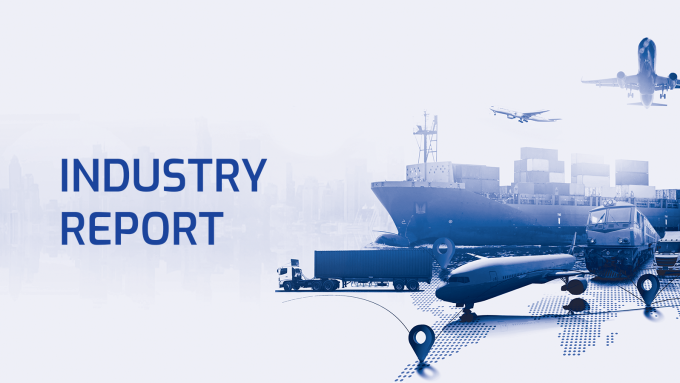Surprise meets Virgin Atlantic Cargo's 'bizarre' daily cargo flight to Brussels
Today’s decision by Virgin Atlantic Cargo to put on daily widebody cargo–only flights between London ...

A new white paper, Brand New Britain: What Post-Brexit Really Means for Businesses, reveals the depth and length of the challenges faced by businesses in the UK as they adapt to the new trading environment.
Released by DDC FPO, a global provider of business process outsourcing solutions for the freight transport and logistics industry, the research shows that 99% of respondents to DDC FPO’s survey are currently facing Brexit-related challenges – and worryingly, nearly 70% expect their operations to be negatively affected for more than 12 months.
The survey ...
Transpacific sees first major MSC blanks as rates fall and volumes falter
'It’s healthy competition' Maersk tells forwarders bidding for same business
Opposition builds for final hearing on US plan to tax Chinese box ship calls
White House confirms automotive tariffs – 'a disaster for the industry'
New price hikes may slow ocean spot rate slide – but for how long?
Supply chain delays expected after earthquake hits Myanmar
Shippers snap up airfreight capacity to US ahead of tariff deadline
Tighter EU import requirements proving 'a challenge' for forwarders

Comment on this article